- Home›
- Healthy Living›
- 7 Amazing Benefits Of Using Ginger In Cough
7 Amazing Benefits Of Using Ginger In Cough
By: Priyanka Maheshwari Thu, 13 June 2024 10:58:25
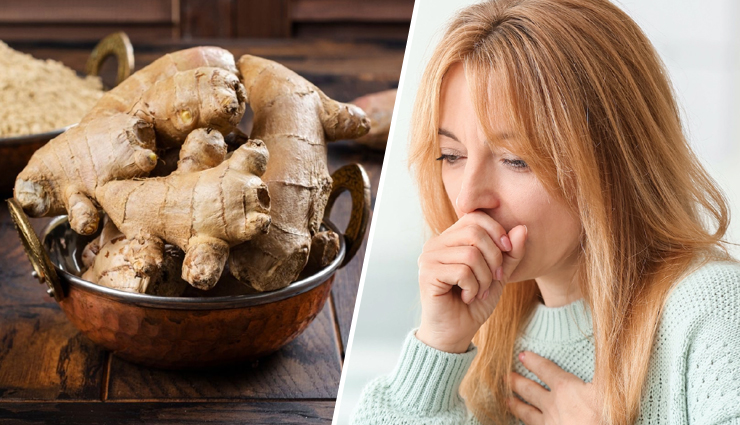
Ginger, a humble root with a rich history in traditional medicine, has garnered attention for its potential therapeutic benefits, particularly in alleviating cough symptoms. Across cultures and centuries, ginger has been valued not only for its distinct flavor in culinary dishes but also for its medicinal properties. In the context of respiratory health, ginger's natural compounds offer anti-inflammatory, antioxidant, and antimicrobial effects that may help soothe throat irritation, reduce coughing, and support overall respiratory comfort.
Whether consumed as a soothing ginger tea or integrated into various culinary preparations, ginger emerges as a versatile and accessible remedy for addressing coughs, offering a natural alternative to conventional treatments. This introduction sets the stage for exploring how ginger can effectively contribute to managing cough symptoms, reflecting its enduring role as a wellness aid rooted in both tradition and scientific interest.
# Anti-inflammatory
Ginger contains compounds like gingerol that have anti-inflammatory properties. Inflammation often accompanies respiratory infections and conditions like bronchitis, contributing to coughing. Ginger can help reduce this inflammation, thereby easing cough symptoms.
# Antioxidant
The antioxidants in ginger help to combat oxidative stress in the body. This can support overall immune function and reduce the severity of coughs caused by infections or irritants.
# Antimicrobial
Ginger has antimicrobial properties that can help fight infections that may be causing the cough, such as bacterial or viral infections.
# Expectorant
Ginger can act as an expectorant, helping to loosen mucus in the lungs and throat. This makes it easier to expel phlegm and clear the airways, reducing coughing.
# Soothing
Ginger has a soothing effect on the throat, which can help alleviate the irritation and discomfort associated with a persistent cough.
# Digestive Aid
Ginger aids digestion, which can indirectly support respiratory health by ensuring that the body can efficiently absorb nutrients that contribute to immune function.
# Natural
Unlike some over-the-counter cough medicines that may contain artificial ingredients or chemicals, ginger is a natural remedy that is generally safe and well-tolerated.
10 Effective Ways to Use Ginger as a Natural Remedy
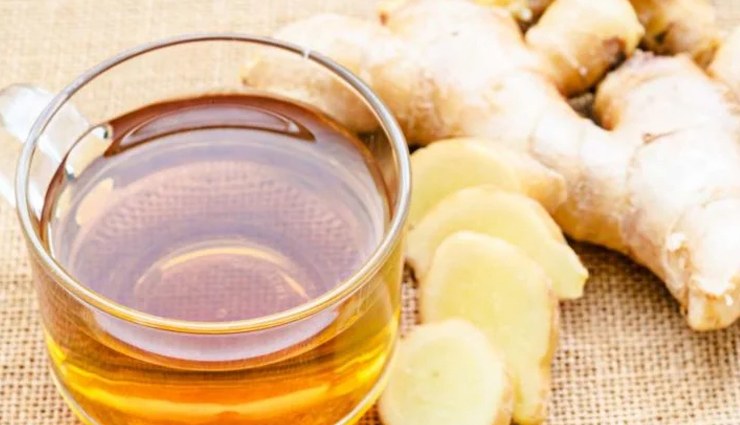
# Ginger Tea
Preparation:
Ingredients: Fresh ginger root, water, honey (optional), and lemon (optional).
Steps: Peel and slice a 1-2 inch piece of fresh ginger. Boil the slices in 2 cups of water for about 10-15 minutes. Strain the tea into a cup. Add honey and lemon to taste.
Benefits: Ginger tea soothes the throat, reduces inflammation, and provides warmth, which can help alleviate cough symptoms.

# Ginger and Honey Syrup
Preparation:
Ingredients: Fresh ginger juice and honey.
Steps: Grate fresh ginger and extract the juice using a strainer or cheesecloth. Mix 1 teaspoon of ginger juice with 1 teaspoon of honey. Take this syrup 2-3 times daily.
Benefits: Honey enhances ginger’s soothing effect on the throat and adds antimicrobial properties to fight infections.

# Ginger Lozenges
Preparation:
Ingredients: Fresh ginger, honey, sugar, and water.
Steps: Boil sliced ginger in water until reduced by half. Add sugar and honey, and simmer until it reaches a thick, syrupy consistency. Pour into molds or on a baking sheet lined with parchment paper and let cool.
Benefits: Ginger lozenges provide a concentrated dose of ginger’s soothing properties and are convenient for on-the-go relief.

# Ginger and Lemon Infusion
Preparation:
Ingredients: Fresh ginger, lemon slices, and water.
Steps: Add sliced ginger and lemon to a teapot or a large mug. Pour boiling water over the slices and let steep for 10-15 minutes. Strain and drink.
Benefits: Lemon adds a boost of vitamin C, enhancing the immune-boosting effects of ginger.
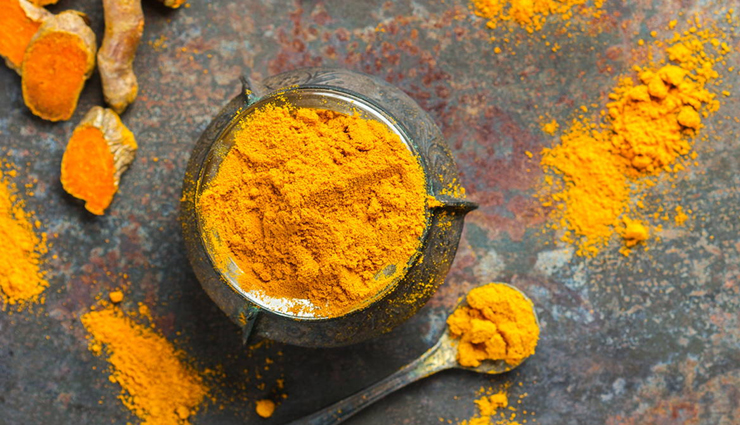
# Ginger and Turmeric Tea
Preparation:
Ingredients: Fresh ginger, ground turmeric, water, honey, and black pepper.
Steps: Boil sliced ginger in water. Add ½ teaspoon of ground turmeric and a pinch of black pepper. Strain and sweeten with honey.
Benefits: Turmeric has powerful anti-inflammatory effects that complement ginger in relieving coughs and throat irritation.
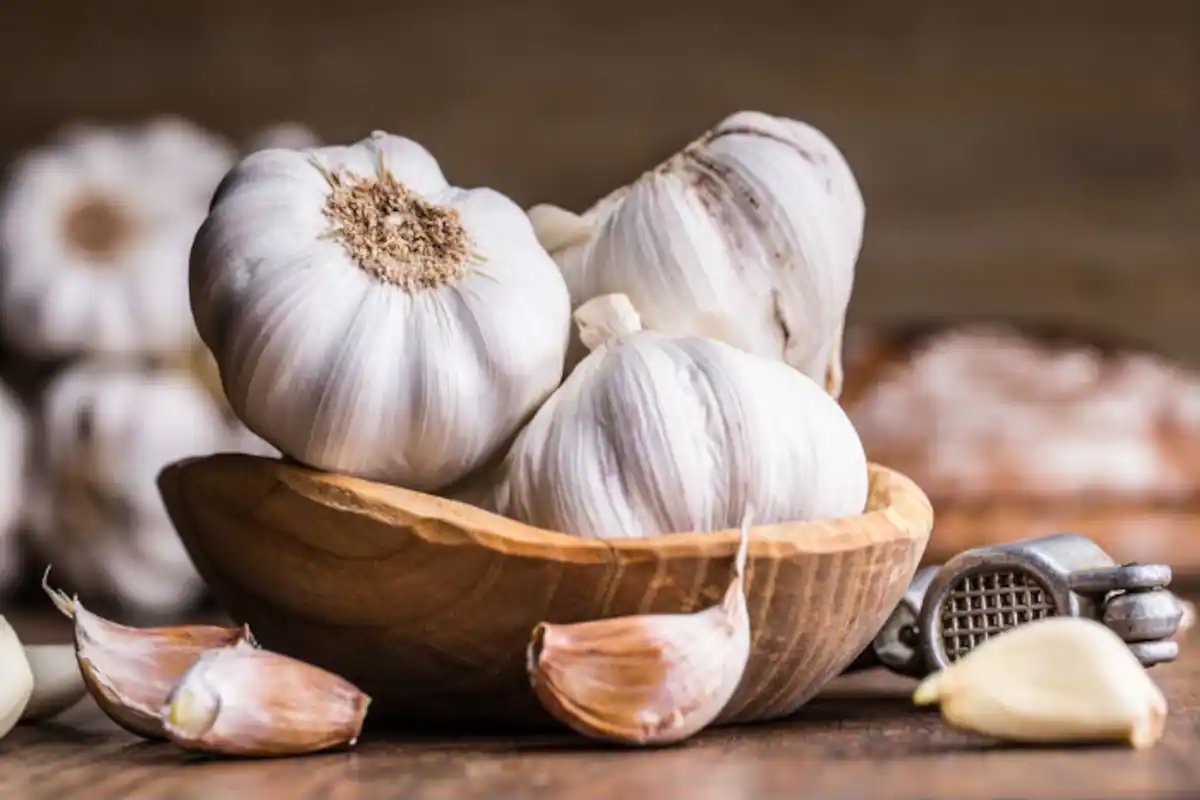
# Ginger and Garlic Paste
Preparation:
Ingredients: Fresh ginger and garlic.
Steps: Crush or blend equal parts of ginger and garlic to form a paste. Consume ½ teaspoon of the paste mixed with honey or warm water 2-3 times daily.
Benefits: Garlic has antimicrobial properties that, when combined with ginger, can enhance the body's ability to fight infections causing cough.

# Ginger Steam Inhalation
Preparation:
Ingredients: Fresh ginger and water.
Steps: Boil sliced ginger in a pot of water. Remove from heat and lean over the pot, covering your head with a towel to trap the steam. Inhale deeply for 10 minutes.
Benefits: Inhaling ginger-infused steam helps open up nasal passages, loosens mucus, and soothes the respiratory tract.

# Ginger and Apple Cider Vinegar Drink
Preparation:
Ingredients: Fresh ginger, apple cider vinegar, honey, and water.
Steps: Mix 1 teaspoon of grated ginger, 1 tablespoon of apple cider vinegar, and 1 teaspoon of honey in a glass of warm water. Drink twice daily.
Benefits: Apple cider vinegar’s acidity helps balance pH levels and enhance the antimicrobial effects of ginger.

# Ginger in Soups and Broths
Preparation:
Ingredients: Fresh ginger and your preferred soup ingredients.
Steps: Add sliced or grated ginger to your soup or broth during cooking. Simmer until flavors meld.
Benefits: Ginger-infused soups and broths are soothing, hydrating, and provide the added benefit of ginger’s anti-inflammatory properties.
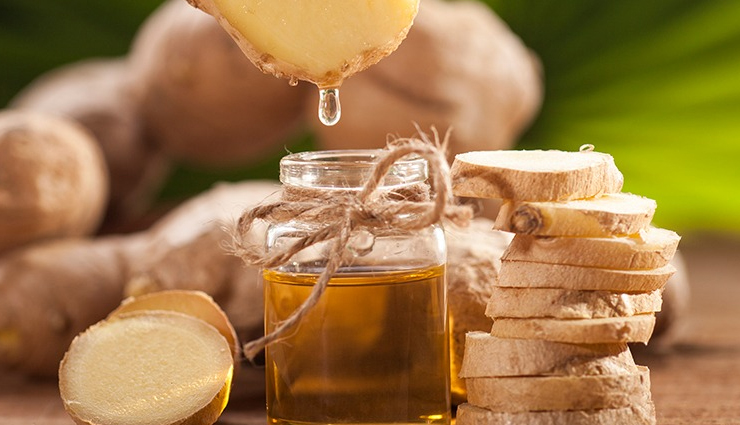
# Ginger Oil Chest Rub
Preparation:
Ingredients: Ginger essential oil and a carrier oil (e.g., coconut oil).
Steps: Mix a few drops of ginger essential oil with a tablespoon of carrier oil. Massage onto the chest and throat area before bed.
Benefits: The warming sensation of ginger oil can help relieve chest congestion and soothe coughs.





